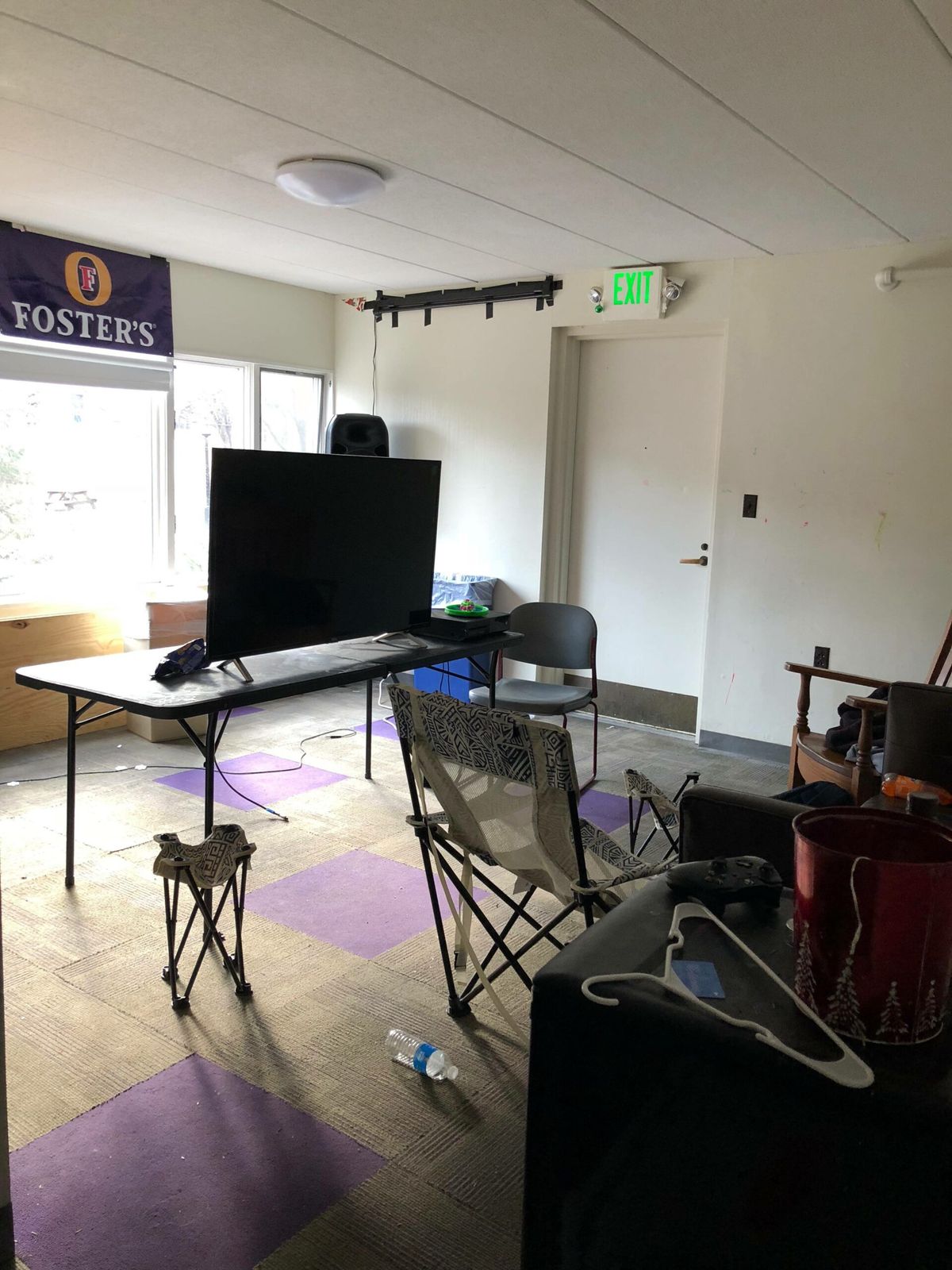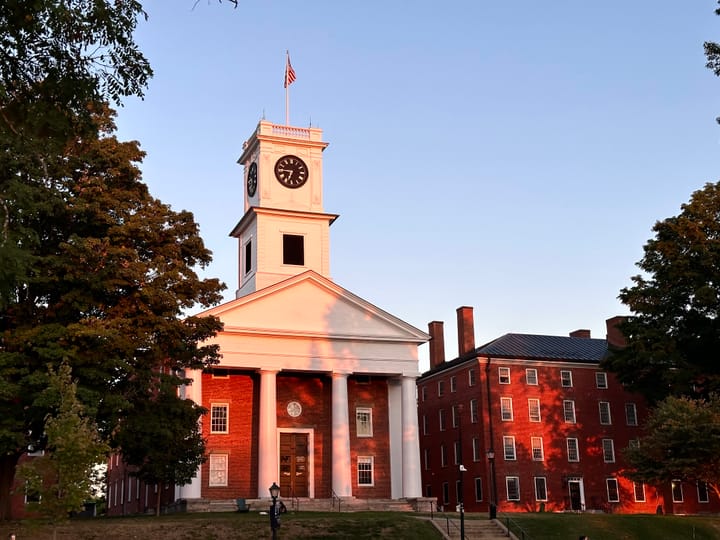Office of Student Affairs to Reevaluate Party Policy

The Office of Student Affairs detailed proposed adjustments to the current party policy in an email to students on Dec. 2. The proposals come nearly a year after the administration’s controversial changes to the party policy, which entailed stricter regulations and placed greater responsibility on party hosts.
According to Chief Student Affairs Officer Hikaru Kozuma, Student Affairs “envisions the possibility of changing the cleanup deadline and changing the ratio of hosts to guests more immediately while continuing conversations with community about shortening the deadline [for registering parties], creating a workshop on successful ways of hosting a party and streamlining the process of having events and parties at the Powerhouse.” These changes may not go into effect until later this semester.
Kozuma added that the goal of these changes is to “increase the knowledge of resources available to those who register and host the parties, in particular the amnesty policy, strategies on hosting a safe event and how to work with the college should they have questions on how to uphold college policy while having an enjoyable event.”
Kozuma noted that he “will still be meeting with the Student Affairs Advisory Board to hear the feedback they received from the student community [on the proposed policies].”
The Student Advisory Board is comprised of students who applied for the position last spring to work with administrators in evaluating party policies.
In early December of last semester, the Student Advisory Board held two meetings to receive feedback on the proposed changes. In the spring of last year, Tony Taitano ’21, a resident counselor in James Hall, attended a meeting between students and faculty regarding the party policy and the dorm application process.
“When asked about the party policy, we talked about the socials being torn down and how it was a stupid idea,” he said.
Now, without the socials, “parties get shut down because they go over capacity, everyone crowds to another party and then the cycle continues until there are no more parties,” he added. “It doesn’t work.”
At the meeting, Taitano said, the students raised issues about the policy requiring one sponsor per 25 people and the restriction of games and hard liquor.
Taitano also noted that he had friends who spoke to former Chief Student Affairs Officer Suzanne Coffey, who said that her legal team barred her from meeting student demand.
Future changes “will depend on the ongoing conversations with the students, but we hope whenever they will be enacted, we will give notice and opportunity for discussion, as we have with last month’s proposed changes,” Kozuma said.
Andrew Ver Steeg ’19, the resident counselor of first-floor Hitchcock last year, praised the idea of pushing the clean-up time to noon the next day, a policy that was enacted halfway through the semester of last year. “Cleaning up parties at night was pretty unreasonable — it would be at 1 or 2 in the morning,” Ver Steeg said.
In the future, he would like to see a policy that addresses dorm damage accountability.
“People wouldn’t want to say who caused the damage, but also, if you didn’t, the residents of Hitchcock would be charged. It was hard to figure out who was accountable,” he said. “If I saw it, it would be pretty easy to deal with; I would just write a report. But if I walk into the bathroom and there’s a hole in the wall, that’s going to be charged to the residents, which was pretty hard to stomach for a lot of them.”
Ver Steeg said that one student in Hitchcock had a discussion with President Biddy Martin about the outstanding dorm damage. “He didn’t think it would be this much of an issue,” Ver Steeg said. “He didn’t think he would be charged as much. He shouldn’t have to pay a couple hundred dollars to pay for that stuff.” The costs were ultimately covered by the school.
Rafi Demerath ’21, the social chair of the women’s crew team and resident counselor in Stearns Hall, said that the new proposed policies are a step in the right direction.
She noted, however, that “it’s a tricky thing, being at a college without a bar-scene. And I am really happy that we have on-campus parties; they’re a lot safer and we have a good relationship with the campus police. But the party scene is unfair for the residents who have to live in the spaces where there are parties.”
“It’s a hard thing to negotiate, but I think my biggest issue with the social scene is the hierarchy of the sports groups and clubs, and how, for some reason, when the socials were torn down, those spaces changed, and the way those groups could interact changed,” Demerath added. “I’m not really sure how to replicate that again, and I’m interested in what the college will do.”





Comments ()